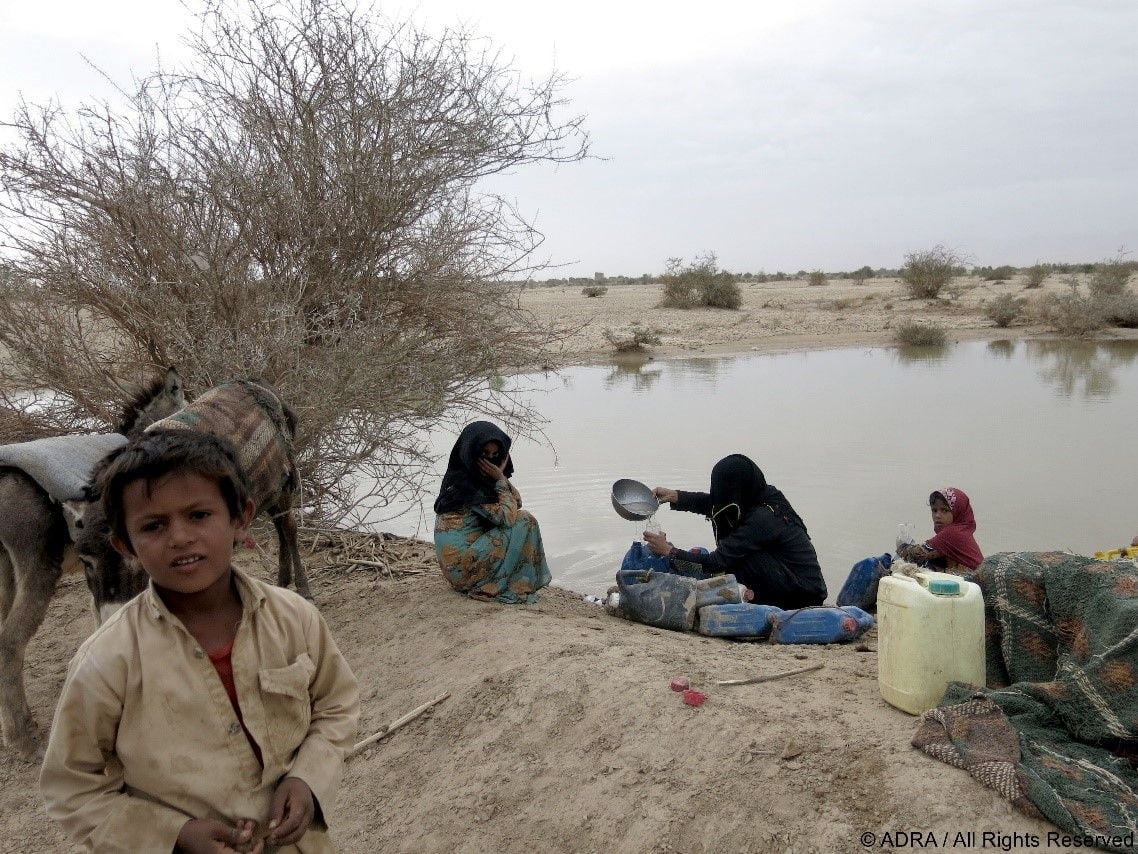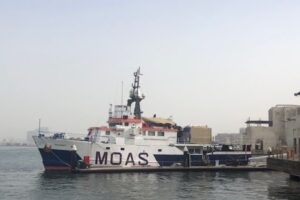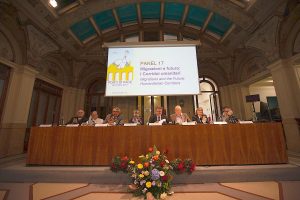
“For weeks now it has been evening. Thick darkness has gathered over our squares, our streets and our cities; it has taken over our lives, filling everything with a deafening silence and a distressing void, that stops everything as it passes by; we feel it in the air, we notice in people’s gestures, their glances give them away. We find ourselves afraid and lost. Like the disciples in the Gospel we were caught off guard by an unexpected, turbulent storm. We have realized that we are on the same boat, all of us fragile and disoriented, but at the same time important and needed, all of us called to row together, each of us in need of comforting the other. On this boat… there is all of us.”
The words of Pope Francis during the Urbi et Orbi blessing on March 27th properly describe the situation that the whole world is facing and the feelings that bring together all the people from every part of the world.
If the Coronavirus pandemic is having devastating effects in the richest and modern countries of the world, equipped with efficient health systems and a well-structured welfare system, it is inconceivable nowadays to determine or imagine the possible scenarios caused by the spread of the virus in the poorest areas of the world and in those where currently there are conflicts.
For a country like Yemen, already afflicted by famine and a cholera epidemic, where half of the hospitals were destroyed by the bombings of the civil war that erupted in 2015 and where medicines are scarce, the spread of the virus could turn into a foreseen tragedy.
According to the World Health Organization data, 6 cases of Coronavirus were reported in the country, and yet the effects of the pandemic are already present. With the introduction of the anti-Covid precautionary measures, particularly the suspension of air connections, it has become even more difficult to find food and medicines, and the presence of humanitarian aid workers was reduced.
For this reason, on March 23rd the General Secretary of the United Nations, Antonio Guterres, launched an appeal for a global ceasefire to suspend all the current conflicts, including the Yemeni civil war, to prepare the countries for the outbreak of the virus. A truce, accepted by the parties in the conflict, that seems to have been already violated.
Within this context MOAS, in collaboration with its partners, sent 50 tonnes of nutritional aid and €120,000 worth of medical supplies in 2019. As for the current year, we have already delivered, during the month of March, a shipment of nutrient supplements worth €81.000. A further €70.000 worth of drugs will be delivered this week, as well as 26 tonnes of Plumpy Sup nutrient supplements by the end of April.
Together with MOAS we will continue to bring humanitarian aid to the Yemeni population, forced to live under unimaginable conditions, in the hope that this war might come to an end. Each and every one of us can do our part to save lives and keep the hope alive.



